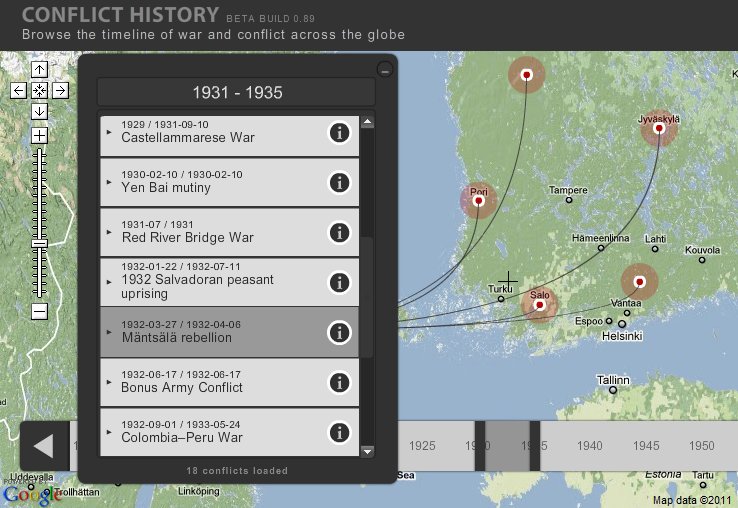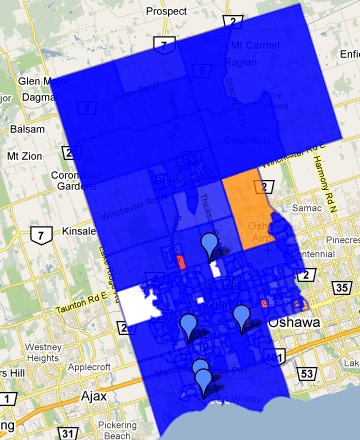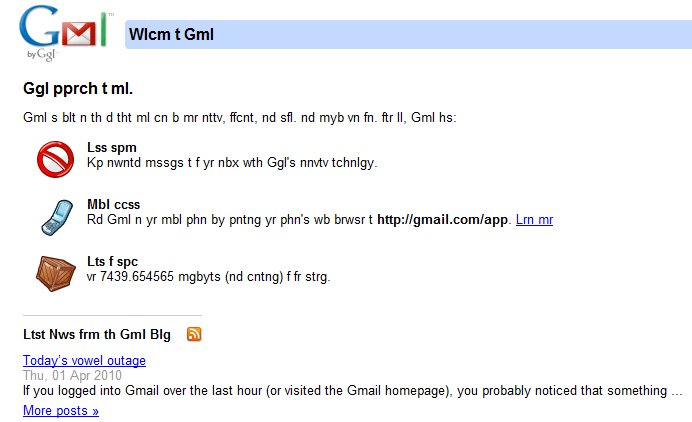Cory Doctorow just got back from a book tour, but unlike all the other ones, he found this tour was both pleasant and productive, thanks to mobile computing:
I “rooted” my Nexus One, breaking into the OS so that I could easily “tether” it to my laptop, using it as a 3G modem between tour stops (we didn’t have to root my wife’s matching phone, as Google supplied us with an unlocked developer handset). My typical tour day started at 5am with breakfast and work on the novel, then a 6am interview with someone in Europe, then pickup, two to four school visits with a short lunch break, three or four interviews, then a bookstore signing or a plane (or both). As busy as that sounds, there’s actually a fair bit of dead time in it while sitting in the escort’s car, trying to find the next stop.
This time round, I plugged the laptop into the cigarette lighter and the phone into the laptop — this gave the phone a battery charge and the laptop internet access. And best of all, it meant that I could harvest those dead minutes to answer emails, keep on blogging, and generally stay abreast of things.
Which meant that I got lots more of the touring author’s most precious commodity: sleep. On previous tours, returning to the hotel meant sitting down for three to four hours’ worth of emails before bed, which cut my sleep time to less than four hours some nights.
So all is sweetness and light with modern mobile computing, yes? Not quite:
. . . the fundamental paradox of mobile — so long as the mobile carriers remain a part of mobile computing, it will only work for so long as you don’t go anywhere.
One of the more frustrating parts of travelling with my iPhone has been that I have to basically lobotomize it before crossing the border, reducing it from really powerful smart phone to a PDA with a phone line: the data and “roaming” charges are so high that it’s not economical to use them for anything other than an emergency. Just when being able to get driving directions or hotel or restaurant recommendations would be most useful — on the road or in an unfamiliar city — the cost is usually too high to justify turning on the damned feature.
Yes, you can hunt down wifi connections (and I did, on my last few trips to the US), but it hardly counts as convenient. The phone companies still assume anyone travelling with a smart phone is going to be spending their employers’ money and therefore won’t notice or care about the up-front costs.




 Here’s the riding of Whitby-Oshawa in the 2008 election. Notice all that deep blue colour? As the legend says, the opacity of colour indicates the strength of the party in that area. Up in the Brooklin area, you can barely see the underlying road pattern for all the blueness.
Here’s the riding of Whitby-Oshawa in the 2008 election. Notice all that deep blue colour? As the legend says, the opacity of colour indicates the strength of the party in that area. Up in the Brooklin area, you can barely see the underlying road pattern for all the blueness.


